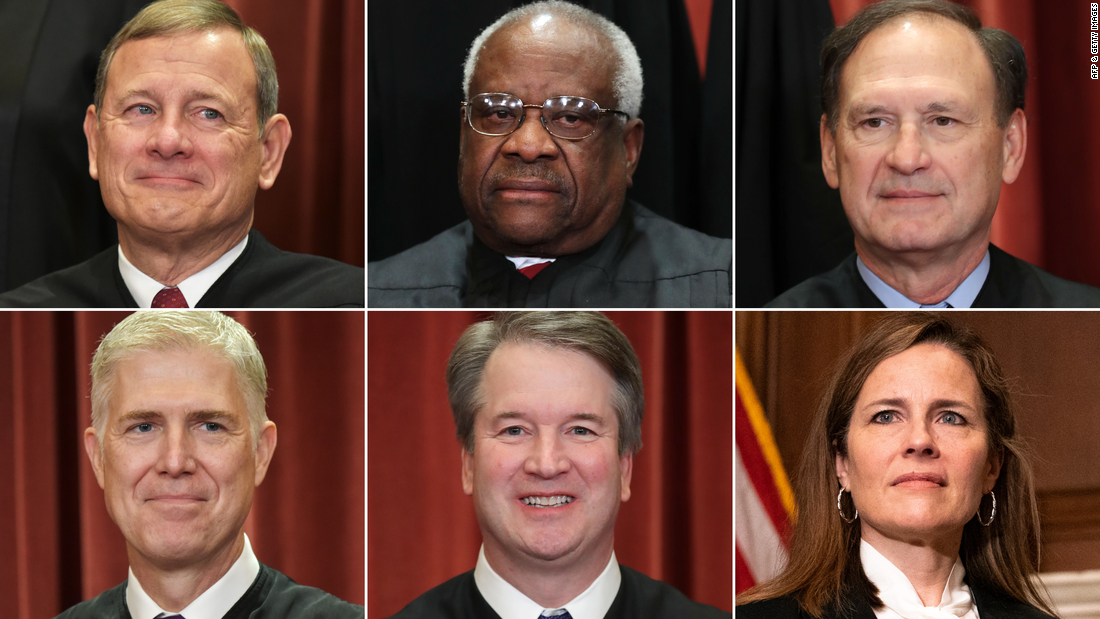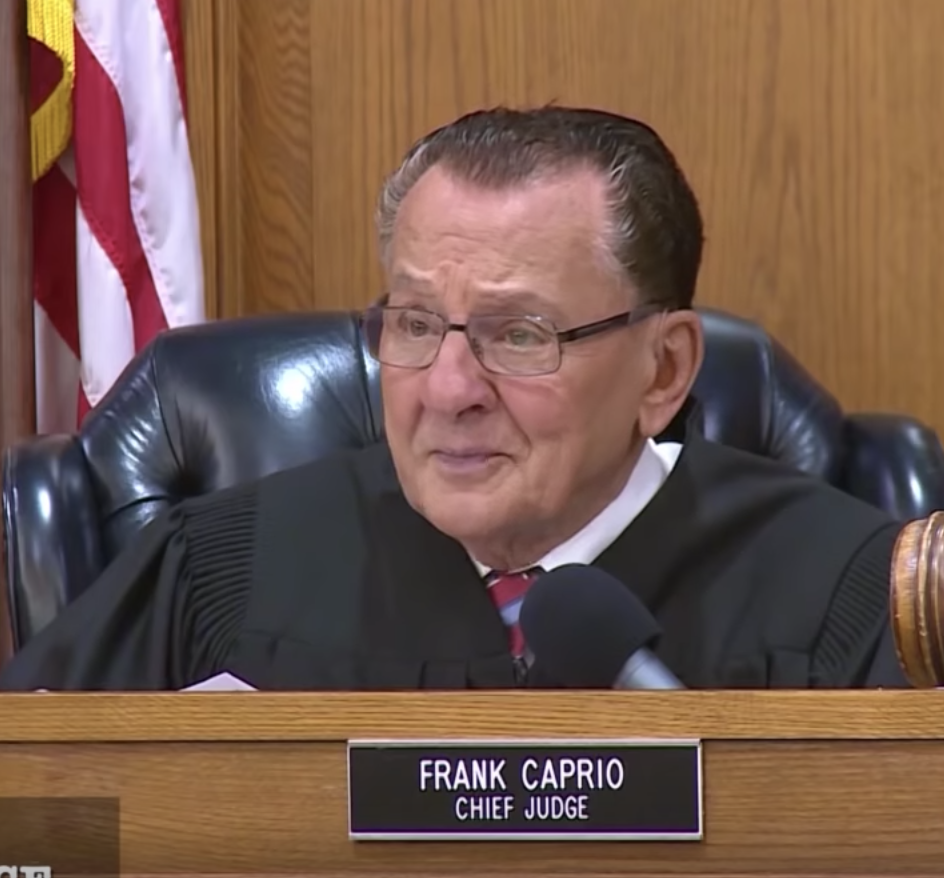“Ethics is a code of values which guide our choices and actions and determine the purpose and course of our lives.”- derived from Ayn Rand

Regarding The Golden Rule – one aspect of the Five Steps of Principled Reasoning by The Josephson Institute outlined in the last post, one reader wrote, “The problem is that all ethics is contextual for personality, hierarchy (not all issues are between peers), rule of law, religious strictures, time/place, family/outsiders, wherein all levels of ‘rules’ apply in various ways… With so many layers of questions and benchmarks, the process really is a technical one – something humans, including highly educated ones, must be trained in to make these ‘expert systems’ at all useful.”
The central point behind The Golden Rule is the “stakeholder” concept; to consider the consequences of your actions in terms of who will be helped and who will be harmed. The notion is reciprocity: if you don’t like to be misled, deceived or lied to, don’t mislead, deceive or lie to others; if you wish to be treated with courtesy and respect, treat others similarly.
“The rule establishes an essential and irreducible aspect of ethics,” ethicist Michael Josephson says. “A good person is concerned with and responsible for the well-being of others. Thus, ethical persons take into account the interest of those they affect. They seek to help others when they can and refrain from causing avoidable harm.
“One aspect of The Golden Rule,” Josephson continues, “requires restraint, self-discipline and even sacrifice in avoiding acts that harm others. Another is expressed in the maxim, ‘Love thy neighbor as thyself’ which stresses love, not self-interest, as the moral base of conduct.”
Many believe that even considering such a notion in business is not only idealistic but naïve. In the “real world,” cynics say, if you don’t look out for number one; if you are unwilling to do what is necessary to win, you will lose. Sadly, this kind of thinking fosters the notion that if something is necessary, it must be ethical. “Necessity,” Nietzsche wrote, “is an interpretation, not a fact.” This kind of reasoning leads to an “end-justifies-the-means’ credo.
An executive at a large organization once confided, “We don’t want to do these things, but in order to operate from a level playing field sometimes we have to be a little unethical.”
However, Josephson points out that “The Golden Rule alone is not a sufficient guide to ethical decision making in situations that involve a complex network of persons, all of whom will be affected in different ways. Often in our professional lives and in business there are many competing beneficiaries, and The Golden Rule provides no guidance on how to choose among competing stakeholders. We cannot demonstrate equal love or caring to every person affected by our decisions. Often, we must prioritize some interests over others and advance the well-being of some people at the cost of others.”
This is why it is but one aspect to consider in ethical decision making. It’s important to use the five-steps in conjunction with universal, ethical values: Trustworthiness (honesty, integrity, loyalty, promise-keeping), Respect, Responsibility, Caring, Fairness and Citizenship (values that I have detailed and will detail again).
The ethical decision-maker understands that core, ethical values and principles always take precedence over non-ethical values. This excludes cultural, religious and political beliefs from the decision-making process. Although many decisions we make are subjective, if we can apply some objective criteria to the process, we can begin to make better, more effective decisions in the long run.
Comments










